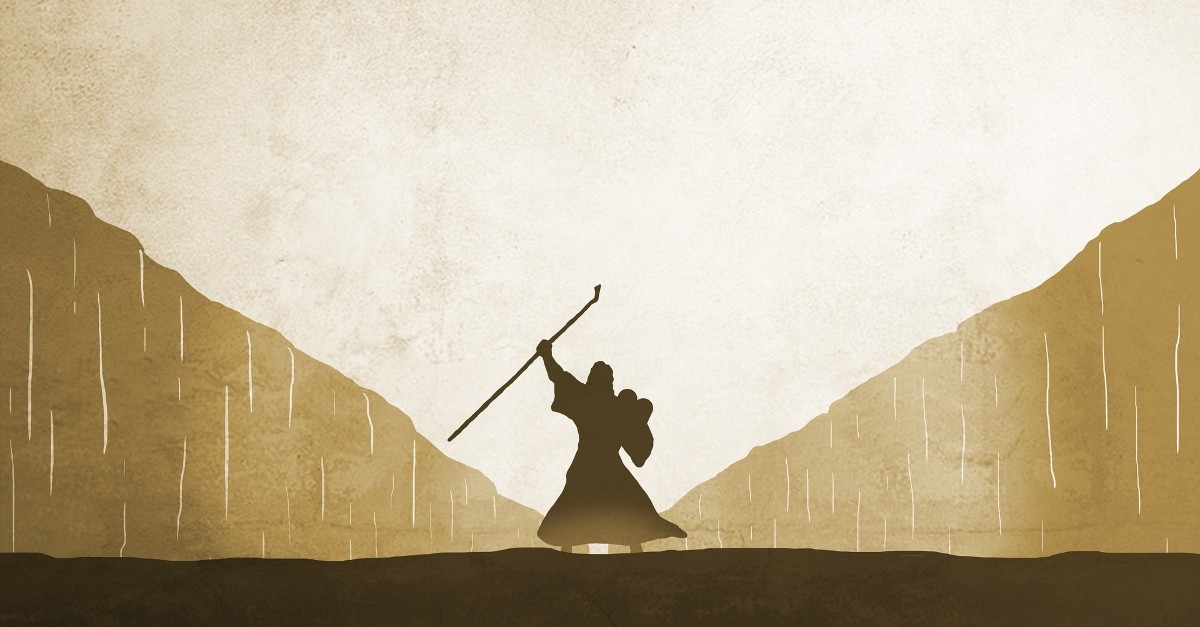

This self-imagining as Moses I call "the Moses Complex," and though this term echoes Freud, I do not regard the Moses complex as an inhibiting yet necessary stage in the development of humanity like the Oedipus complex, but rather as an incentive for certain individuals to imagine their place in the history of the Jewish people. The writers who interest me sense this and, in one way or another, identify with Moses: they see themselves as the Moses of their generation. The career of Moses is inextricably bound to two of the seminal memory events in Jewish history: the Exodus from Egypt and the Revelation at Sinai one cannot conceive of Jewish history as received and taught without them. I use the image of Moses as a touchstone to assess the perspectives and agenda of the writers who imagine Moses.

All are totally different one from the other and in ensemble, present the wide arc of varieties of Jewish attitudes and ideologies in the modern period. Out of a wide array of possible imaginings of Moses, I have picked four, clustered in two pairs of close contemporaries. For him, Moses the Egyptian rather than Moses the Hebrew, is the mediating figure of positive importance for humankind.Īssmann's argument is, of course, far more complicated than this, but what I have presented in brief should suffice as the background to our meditations on the image of Moses presented by several distinctive and seminal figures in modem Jewish history. Assmann argues that the discovery of historical Egyptian truths, i.e., the historical reality of ancient Egypt, deconstructs "the Mosaic distinction." In applying what he calls Mnemohi story, he analyzes the mythical elements in tradition and discovers their hidden agenda. The history of Egypt is thus counterpoised to the Biblical memory of Egypt. Only with Renaissance interest in Hermeticism, and subsequent scholarly developments of the eighteenth century crowned by post-Napoleonic philological investigations by Champollion and others, was the historical Egypt reconstructed. In the map of memory, a legacy of the Bible to western civilization, Israel and Egypt are irreconcilable enemies.

He posits as "the Mosaic distinction" the eradication of pagan religion by the monotheistic impulse which regards idolatry as a form of madness, the past that must be rejected. As an Egyptologist, Assmann regards the historical memory of Moses, for which we have no (extra-Biblical) evidence, as a reflex of the revolutionary Amarna period and more specifically, the seminal but later suppressed figure of Akhenaten.


 0 kommentar(er)
0 kommentar(er)
